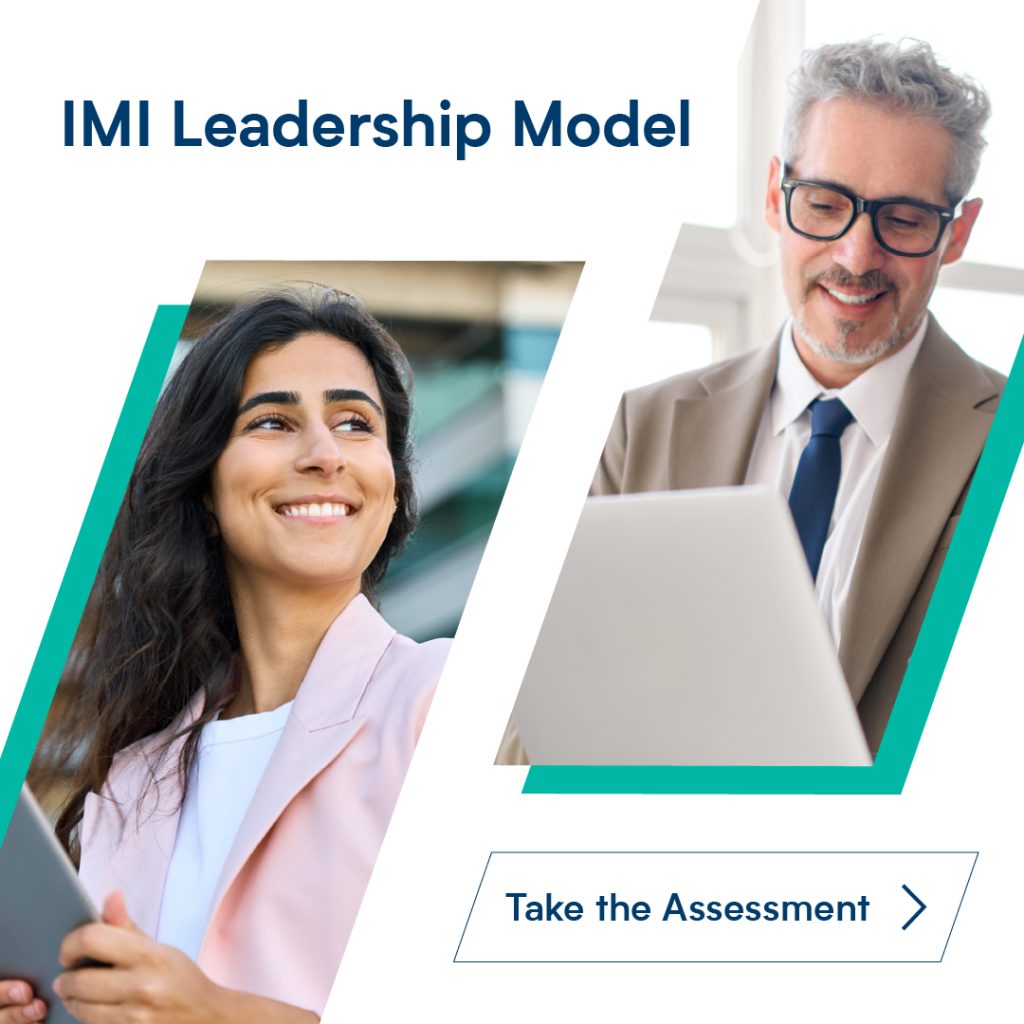Courage, the Attribute that all Leaders Need
What is it that drives someone to act before the crowd?
Have you ever been in a crowd of strangers on a train, or a plane, or in a lift, and thought to yourself ‘if something catastrophic happened here and now, would I stand out as a leader in this crowd? Would I be the first to get control of my emotions and act?’
What is it that drives someone to act before the crowd? We’ve all attended large group seminars, master classes or town halls where the presenter asks for questions, or volunteers, and in all my years I’ve never seen everyone step forward to volunteer their question or their active participation.

Indeed, when I’m running similar sessions myself (and, depending on the ask) I sometimes have to let silence sit and tension build for what seems like an age, until someone volunteers. And in those moments you can almost hear big thumping adrenaline-pumped hearts beating as people contemplate the notion of stepping forward.
There are undoubtedly leaders in these audiences, but I can’t help feeling that many let the opportunity to learn something pass for fear of……the unknown? Then someone steps forward and seated hearts slowly resume their resting rate…. phew!
The race to go first
But leaders face their fear and go first. Leaders stand out from the crowd in moments like this and they go first. The capacity to face your fear, to step outside your comfort zone is a fundamental virtue of leadership and it can be learned and developed.
In his 24th April 2017 Harvard Business School Op Ed Bill George, Senior Fellow at Harvard Business School, former Chair & CEO of Medtronic, and author of Discover Your True North shares this perspective:
“Over the past decade, I have worked with and studied more than 200 CEOs of major companies through board service, consulting, and research as a member of Harvard Business School’s faculty. I’ve found the defining characteristic of the best ones is courage to make bold moves that transform their businesses.”
We need courage like that in our senior leaders, but we need it all levels and across all of society. We may not all have the “legitimate power” of a CEO to transform a business, but we can still be a leader and develop our leadership capacity by facing our fears and going first.
- If we expect to have feedback accepted by our team members then we should be the first to ask for feedback, and we should give everyone the opportunity to give us their feedback.
- If we expect others to accept challenges in pursuit of better, more aligned decisions, then we as leaders should ask our team members to challenge us and our thinking.
- If we value authenticity then we must have the courage to be first to say what needs to be said to those that need to hear it, and in a way that encourages change.
Getting into the discomfort zone
These few examples are ones that virtually everyone can act on, and even though they come with obvious discomfort for many of us, we all have the capacity to become more comfortable with discomfort and to live more of our lives outside our comfort zone.
The capacity to reflect and to see discomfort as an opportunity for personal growth is a critical mindset for leaders in today’s changing and unpredictable world. Part of the difficulty with stepping forward or going first may be that in that moment of contemplation, the learning we may gain from it isn’t obvious to us; but it’s precisely that sort of moment that we need to face our fear and act like a leader.
These often-fleeting moments are moments of truth; so the next time you experience that flush of adrenaline while you are contemplating stepping forward, or speaking out, or acting where no one else seems ready, step into that zone of discomfort and just do it. You will learn something, you will learn more about who you truly are, and you will begin to live more comfortably outside of your comfort zone – where leaders live much of the time.
Philip Mathews is associate faculty on the IMI Diploma in Leadership. Philip works as an executive coach, team coach & senior leadership team facilitator and keynote speaker.





